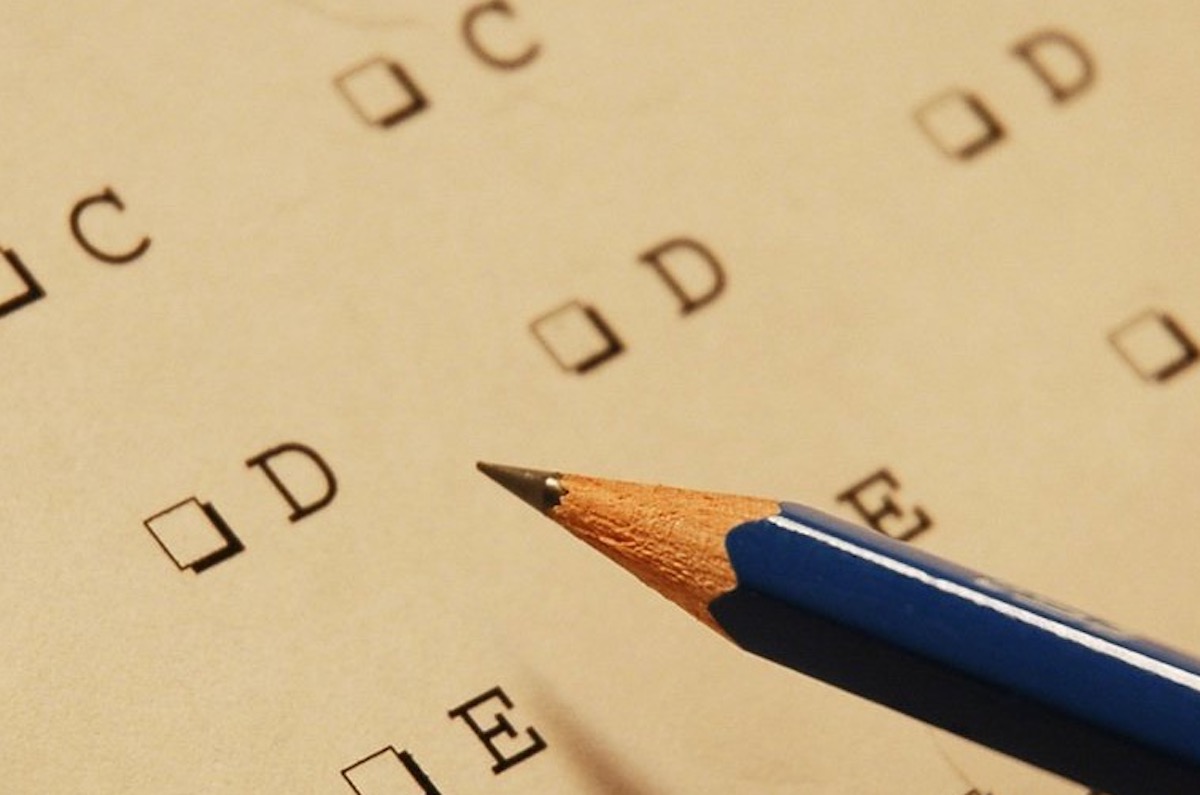Previous research on lottery suggests that choice makes people feel more likely to obtain preferred outcomes even when the options are identical. For instance, people felt more likely to win a lottery when they could choose their lottery tickets though the tickets have an equal chance of winning the lottery. However, Klusowski et al. (2021) questioned these findings from prior studies, stating that these studies could not rule out the possibility that people’s choice reflects their preexisting beliefs about the options. For example, some people may perceive the number “7” as a lucky number and believe that the ticket with a number “7” on it is more likely to win than those with other numbers. They conducted 17 experiments to investigate whether choice causes an illusion of control.
The first 9 experiments explored whether choice with identical options would make people feel more likely to achieve favorable outcomes. The experiments varied in outcome measures, the degree of uncertainty of the options, and the subjectivity of stimuli evaluations. Participants were randomly assigned to “Choice” and “No-choice” conditions. Regardless of the differences in the research design, all of the results pointed to the same general finding: participants who could make their own choice feel more likely to get what they want than those who did not have a choice.
The second set of experiments focused on whether a choice that provides people with actual control would make them feel more likely to obtain what they want. Adopting the 2*2 factorial design, participants in each experiment were randomly assigned to 4 conditions varied in choice (“Choice” or “No-Choice”) and control (“Illusory Control” or “Actual Control”). “Actual Control” refers to a condition in which participants were told that the options had different chances of winning the outcome stimuli (e.g. 3 times the amount of money they wagered). The results from the experiments suggested that choice only made people feel more likely to obtain what they wanted when the options had different probabilities of winning the outcome.
The last set of experiments investigated whether choices would reflect people’s preexisting beliefs about the options instead of causing an illusion of control. The researchers randomly assigned participants to 3 conditions: “Pre-selection” condition in which participants estimated the probabilities of winning for the options before choosing or being assigned an option; “Post-choice” condition where participants estimated the probabilities after choosing an option, and “Post-no-choice” condition where participants estimated the probabilities after being assigned an option. The results showed that the average estimated probability of the option that each participant rated as the most likely to win was not significantly higher in the post-choice condition than in the other conditions. This indicates that the choice merely reveals people’s preexisting beliefs rather than leading to an illusory sense of control.
Taken together, Klusowski et al.’s (2021) study suggests that choice can hardly make people feel more likely to obtain what they want. Even if people do feel more confident in achieving their preferred outcomes when given a choice, the choice may reflect preexisting beliefs about the options rather than causing the illusion of control. Indeed, a choice can only lead to an illusory sense of control when the options vary in the probability of achieving the favorable outcome.
This study supports the need for future research studies on choice and control. For instance, researchers can explore the mechanism underlying the relationship between preexisting beliefs and the illusion of control as well as the contributing factors of those illusory beliefs. The study also has many implications for EPIC’s research studies. For instance, given that choice with options that confer actual control may make people feel more likely to achieve preferred outcomes, students who can choose to take either an easy or a hard math class may feel more likely to obtain good math grades. It would be particularly interesting to explore which type of math class students will choose after they experience some failures in learning mathematics. Perhaps students will be inclined to choose the easy course after failure experiences because they believe that they are more likely to do well in the easy math class.
For more information about Klusowski et al.’s (2021) study, check out the link for the journal article:
https://journals.sagepub.com/doi/abs/10.1177/0956797620958009
Reference:
Klusowski, J., Small, D. A., & Simmons, J. P. (2021). Does Choice Cause an Illusion of Control?. Psychological Science, 32(2), 159-172

